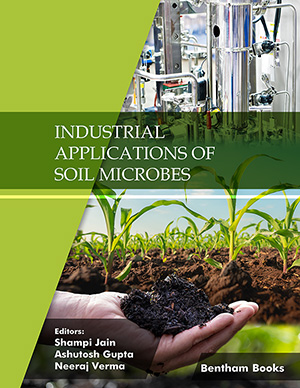Abstract
In the past decade, technical innovations in systems biology has made it possible to study the activity of genes, pathways, transcription factors, metabolites and epigenetic states in vitro or in vivo on the genome-wide scale. In the design and analysis of such experiments, researchers often face an imperative question: To what extent and by which means can we extract valuable biological knowledge (which is often embodied as undirected and directed interactions between biological factors) from a particular experiment? In this chapter, we review state of the art algorithms for the structure learning of Bayesian networks and the elucidation of causal knowledge to partially address this question. Specifically, the distinct feature of each algorithm and its connections with other algorithms are highlighted in the context of causality reasoning and discovery for systems biology investigations.
Keywords: Embryonic stem cells, regulatory networks, Bayesian networks, causality, structure learning, probablistic graphical models, interference, exact learning, approximate algorithms, large-scale datasets, genomics and epigenomics.






















